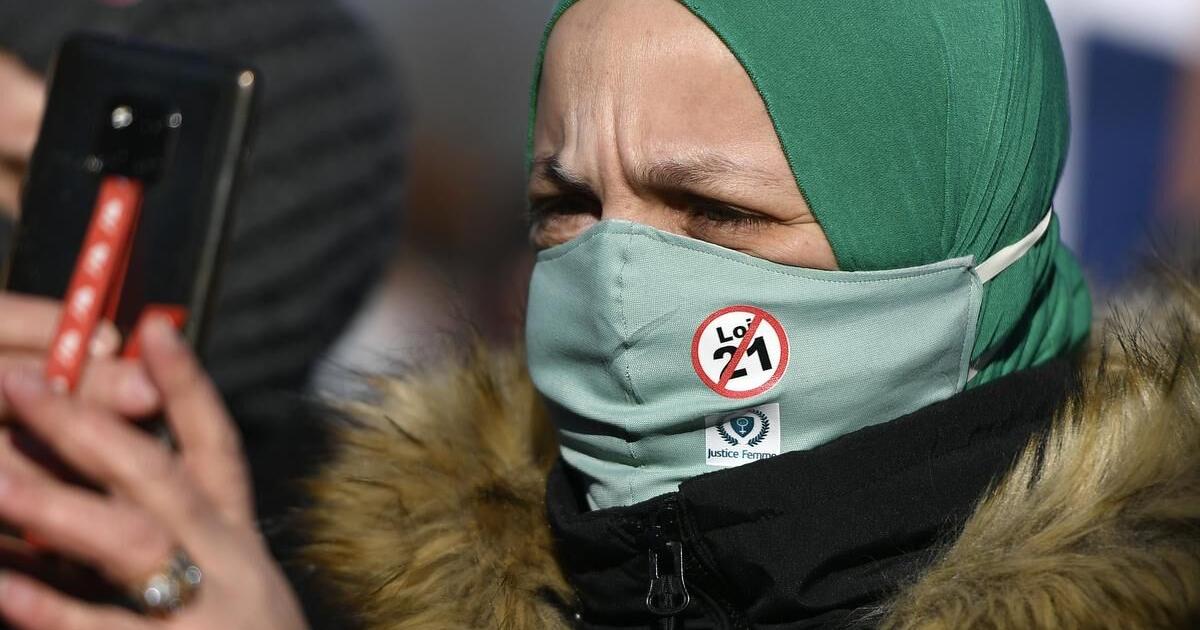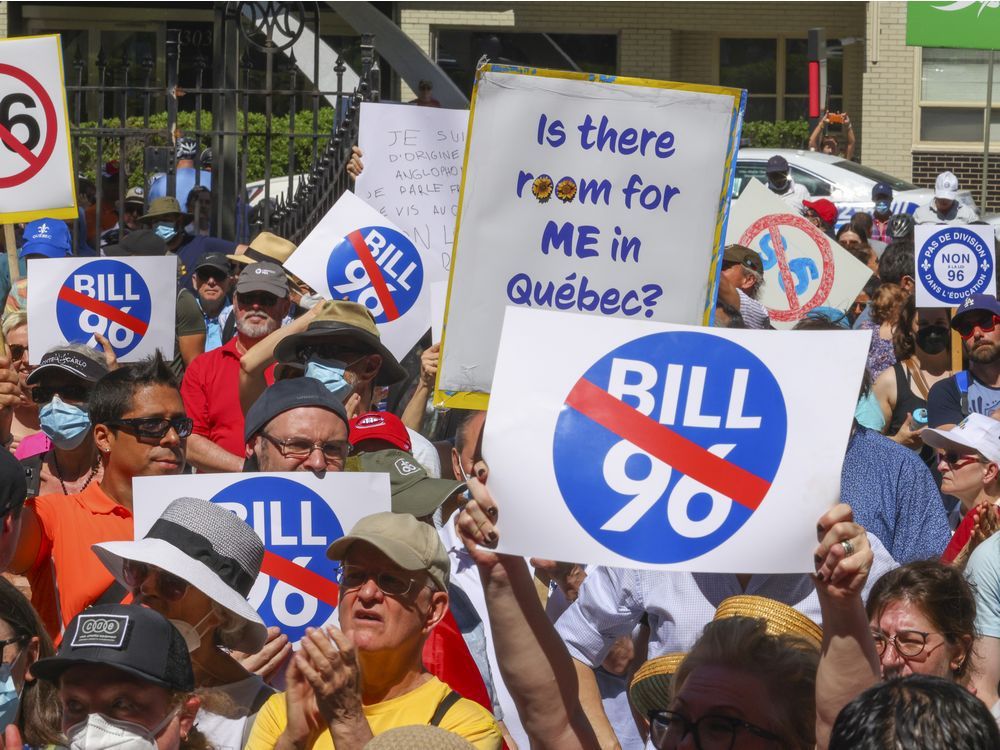DtTO
Active Member
The charter bans public workers from wearing religious symbols, but it stops short of banning those who use these institutions from wearing religious symbols while they're there. Why? Why not ban everyone from wearing everything that might leave an impression on someone else? Why stop at public institutions? Why not ban people from wearing these symbols in other public areas, say, sidewalks? Why have any freedom of expression at all?
Also, Quebec separatism is offensive to me, and yet its symbols are displayed all over Quebec. Can we have that banned as well, or is it only ideas that Marois doesn't agree with that are banned? I can already see Charter 2.0: Banning any display of negativity towards Bloc Quebecois.
Also, Quebec separatism is offensive to me, and yet its symbols are displayed all over Quebec. Can we have that banned as well, or is it only ideas that Marois doesn't agree with that are banned? I can already see Charter 2.0: Banning any display of negativity towards Bloc Quebecois.







